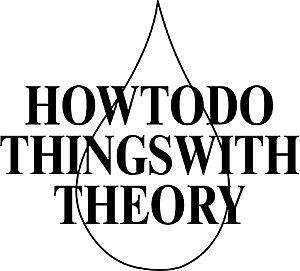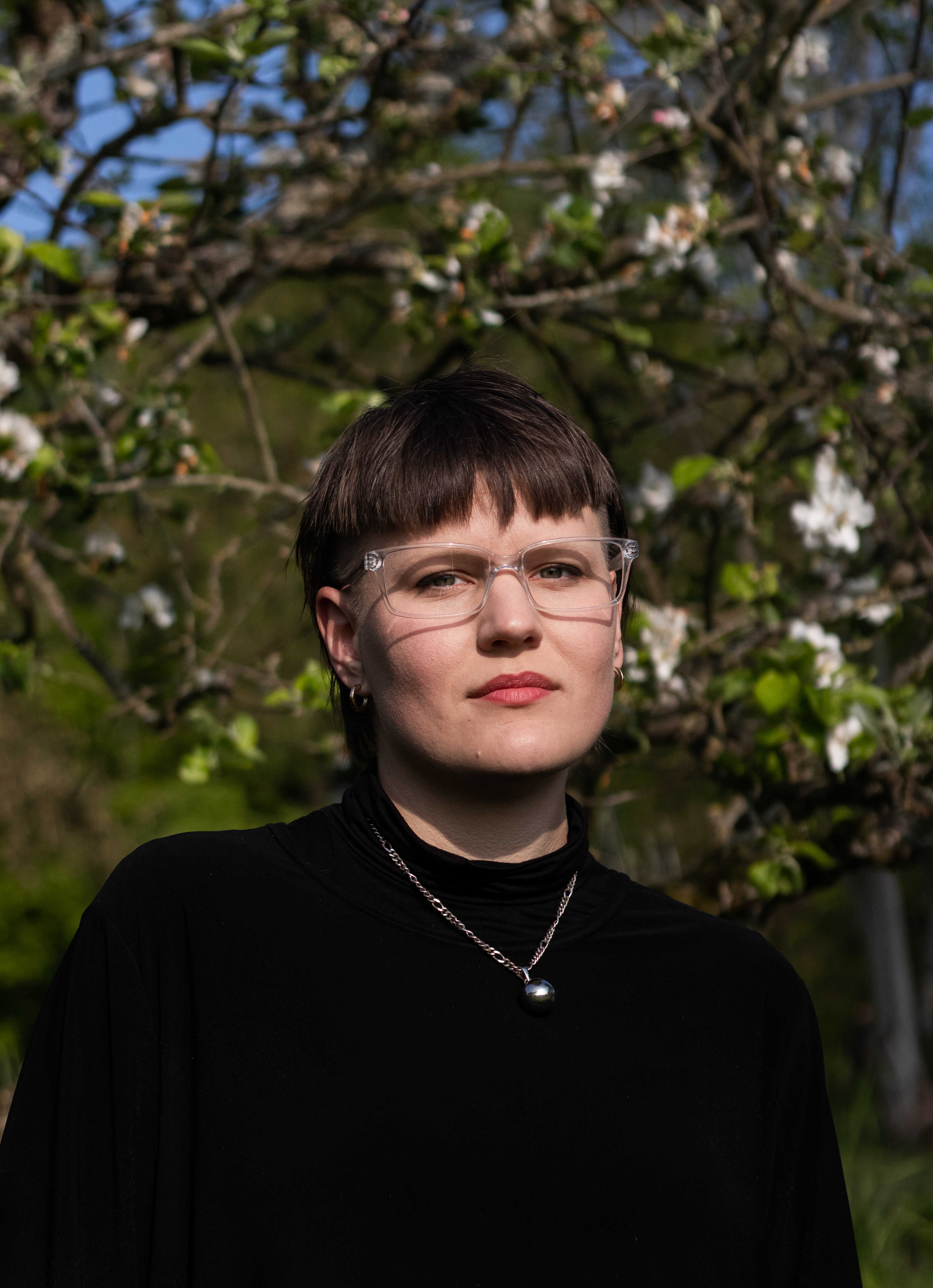Marika L. Vandekraats: (Un)Grounding the Settler State: Refiguring the Forcible Translations of Liberalism
Thesis Advisor: Rachel O’Reilly
Thesis: (Un)Grounding the Settler State: Refiguring the Forcible Translations of Liberalism
June 2022
Abstract
This thesis researches the ways that violence through language and forcible translation, in tandem with multiple other forms of genocidal violence, has played a central role in the ongoing colonization of Turtle Island (colonially known as Canada). These violences have been fundamental in building a state that claims control through proprietorship and risk and resource management. By staging case studies which make clear the ways that land has been transformed and stolen by settler people, I wish to point out the strategies that the neoliberal colonial state uses to form policies that continuously exclude the rights of Indigenous people. I argue, drawing on the work of Glen Clouthard, Elizabeth A. Povinelli, Naomi Klein, Mary Louise Pratt, and Lauren Berlant, that for those who are racialized, colonized and gendered by capitalist governance systems, their lives are filled with the often-over-looked “quasi-events” which keep them in a state of endurance. It is by focusing attention on the quasi-events that impact the lives of marginalized people within the state that I will question liberalism’s obsession with eventfulness, made even more apparent in the wake of mounting climate collapse. I conclude my cases with the Trans Mountain pipeline, outlining its historical and contemporary relationship with Indigenous people, stating that the site of the pipeline is a site of extraction of land and person enacted through policies and action. The only way to disarm this state of violence caused by the settler state is through settler resistance and a return of the political, and economic control of land to Indigenous people. It is with Indigenous sovereignty, only possible with settler resistance, that the violences of capitalism, which affects all bodies and the planet, can be interrupted, and combatted against.
Author: Marika L. Vandekraats


